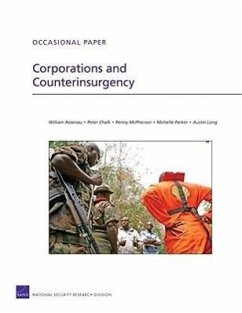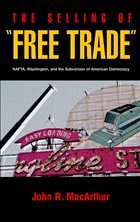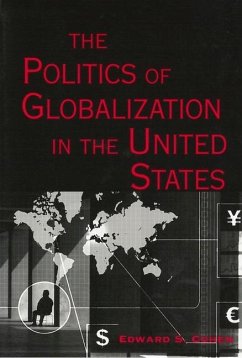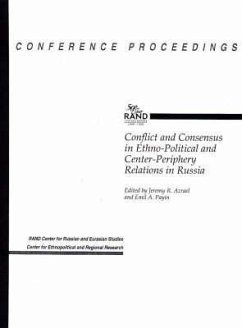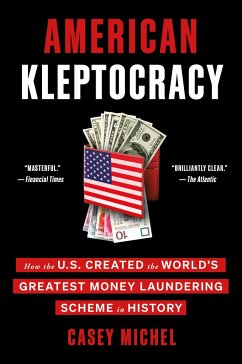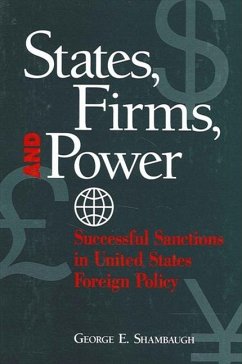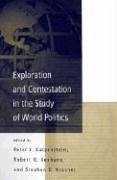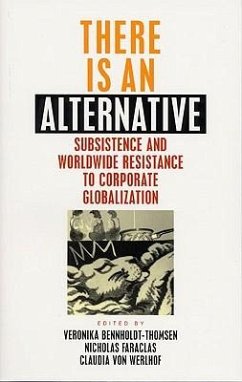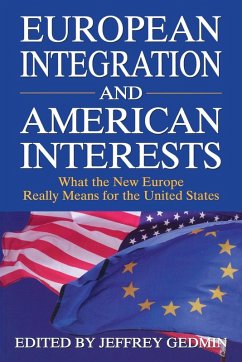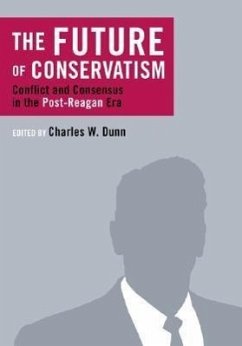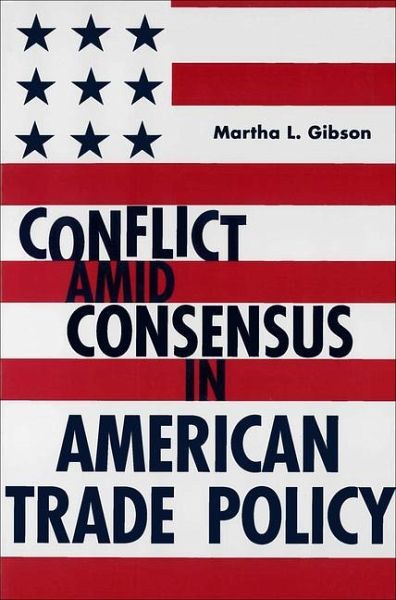
Conflict Amid Consensus in American Trade Policy
Versandkostenfrei!
Versandfertig in über 4 Wochen
43,99 €
inkl. MwSt.

PAYBACK Punkte
22 °P sammeln!
Americans have witnessed inconsistent and seemingly dramatic turnabouts in legislators' attitudes toward trade, with strong bipartisan support for free trade and the Uruguay Round in one instant and heated debate over participation in the World Tarde Organization the next. Martha L. Gibson systematically traces the competing forces that interject conflict into an overall consensus on the value of a liberalized trade policy. Cutting through the tangled web of congressional politics, Gibson shows why it is impossible to understand trade legislation without first understanding how electoral polit...
Americans have witnessed inconsistent and seemingly dramatic turnabouts in legislators' attitudes toward trade, with strong bipartisan support for free trade and the Uruguay Round in one instant and heated debate over participation in the World Tarde Organization the next. Martha L. Gibson systematically traces the competing forces that interject conflict into an overall consensus on the value of a liberalized trade policy. Cutting through the tangled web of congressional politics, Gibson shows why it is impossible to understand trade legislation without first understanding how electoral politics and the institutional rules of Congress distort legislators' interests, incentives, and policy goals. Gibson's book clearly show that trade legislation is not made in a vacuum but is just one in a series of simultaneous games with competing goals in which legislators engage to satisfy the conflicting demands of constituents.



